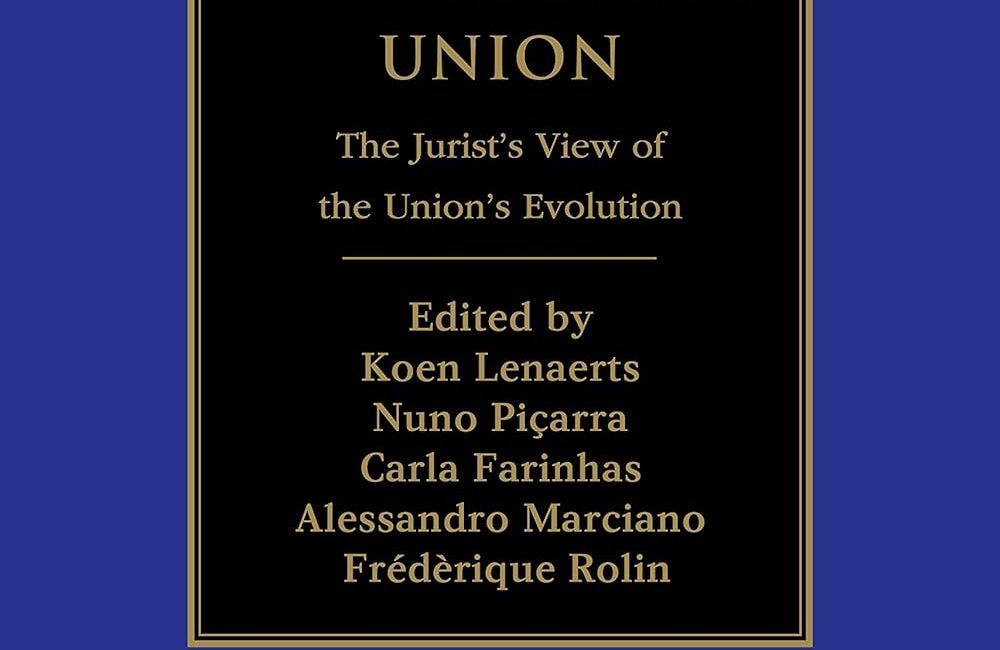
The Limits of Collusion Under Article 101(1) TFEU
Francisco Costa-Cabral
Abstract
The notion of collusion is commonly understood as serving a jurisdictional function, determining the scope of Article 101(1) TFEU widely and not prejudging the substantive analysis of a restriction of competition. Hence, it would only be limited by the definition of agreements, decision by an association of undertakings, and concerted practices. This study argues that there is no such limit insofar as the classification as a particular form of collusion is irrelevant. Collusion is instead limited by its characterisation as coordination, represented in the requirements of a single continuous infringement of contributing to common objectives and knowledge of the conduct of the parties. The study also argues that collusion is further subject to substantive limits, notably those fleshed out as the principle of independence of economic action also applying to restrictions of competition. These limits explain why coordination such as oligopolistic alignment, public distancing, and peripheral facilitation is not caught by Article 101(1) TFEU.
Keywords: Article 101 TFEU; Collusion; Agreements; Concerted Practices; Facilitation; Oligopoly.
Costa-Cabral, Francisco. “The Limits of Collusion under Article 101(1) TFEU”. In: Koen Lenaerts; Piçarra, Nuno; Farinhas, Carla; Marciano, Alessandro; Rolin, Frédérique (editors). Building the European Union: The Jurist’s View of the Evolution of the Union. Hart, 2021
